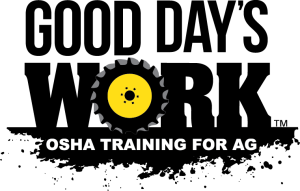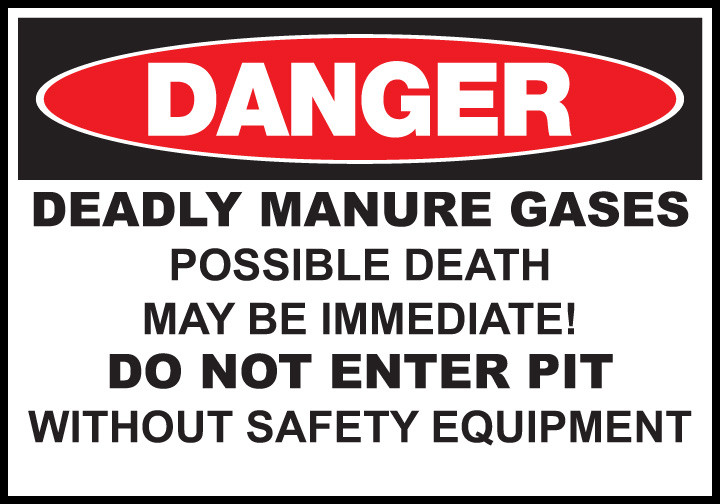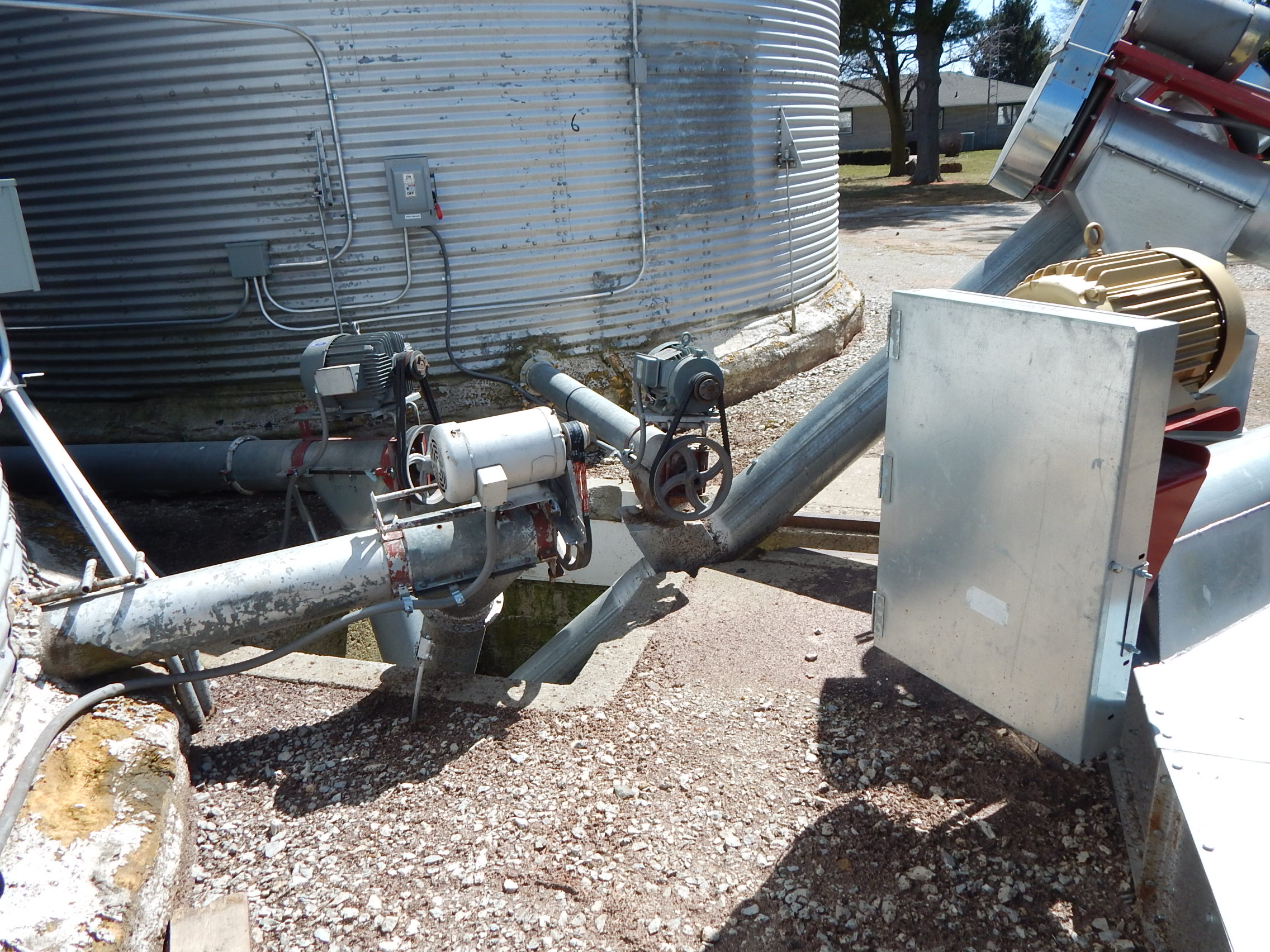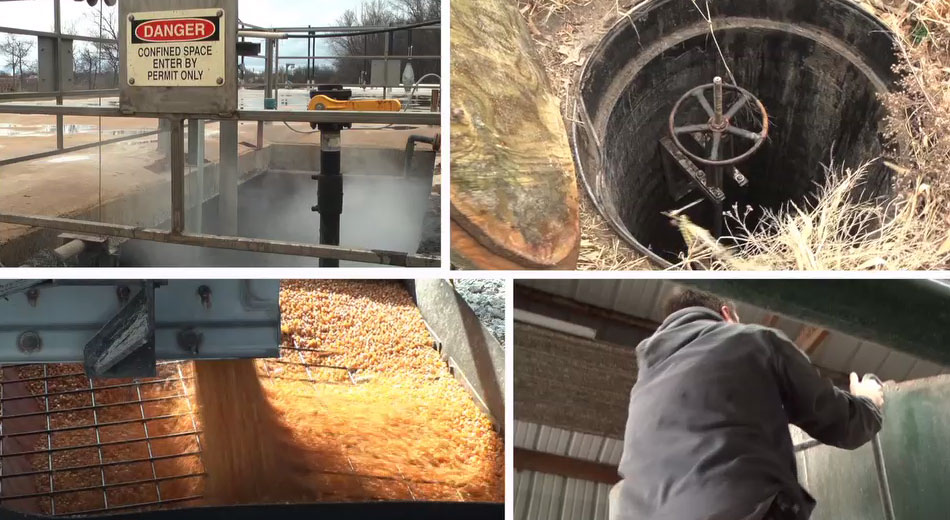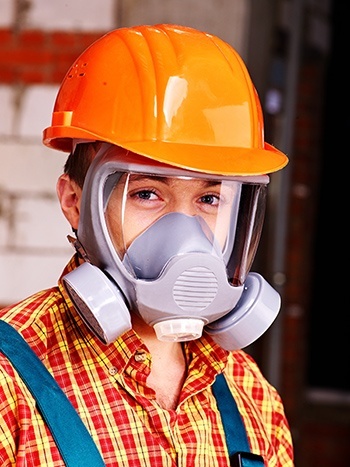Manure pits are changeable and unpredictable. This is the time of year that we need to be assessing the dangers of working in manure pits and brush up on our knowledge of hazardous gases. During late summer and fall there is increased risk as producers are emptying pits, so it's very important that everyone who works in or around manure storage (tanks, pits, and lagoons) understands how to identify hazardous gases and the proper procedures for working in them.
Topics: confined spaces, hazard communication, manure pit
OSHA Inspection - What Will They Be Looking For? (PART 3 of 3)
This is the final part of a 3 part series on OSHA inspections. If you have not read the previous parts, go back and do that:
Click here for Part 1 - Why would OSHA pay me a visit? and click here for Part 2 - What to do when they show up?.
Can you pass these 5 commonly cited areas with your operation?
On my last post; OSHA Inspection – What to do when they show up (part 2) we covered things to know prior to an OSHA inspection. In this blog I want to address what OSHA might be looking for when they arrive for an inspection.
Topics: confined spaces, lockout-tagout (LOTO), machine guarding (PTOs/augers), OSHA inspections & violations, hazard communication, personal protective equipment (PPE), hazard analysis
Working in confined spaces is an unavoidable part of running many agriculture operations. Whether it be a manure pit, silo, grain bin, fertilizer tank, or another building, the nature of the structure presents a risk of death or significant injury due to suffocation or poisoning. We’ve all heard stories of those who have lost their lives from working inside a confined space – and too often the lives of their rescuers.
Topics: confined spaces, grain bins, agriculture
Farm Safety Training In-Depth: Keeping Confined Spaces Workers Safe
Chances are good your agriculture operation has buildings or structures that are considered to be confined spaces. OSHA defines a confined space as: large enough for an employee to enter fully and perform assigned work; not designed for continuous occupancy by the employee; and has a limited or restricted means of entry or exit. In practical terms this typically includes structures such as manure pits, silos, grain bins, and fertilizer tanks, among others. In most cases these structures are also considered to be permit-required confined spaces.
Topics: confined spaces, agriculture
Grain bin entrapments are preventable if we follow the right procedures for entering a confined space such as a grain bin. U.S. grain stocks are at an all-time high, we are producing, moving, and storing more grain than anytime in US history. It stands to reason engulfments, injuries and fatalities may rise if we don’t make a constant commitment to basic safety measures.
Topics: confined spaces, grain bins, productivity / goals / motivation
Manure pits have become an increasingly necessary part of many agriculture and livestock operations. But manure storage comes with its own set of risks and hazards, like build-up of toxic gases, drowning, and engulfment. Every year numerous death and injury reports are recorded involving manure pits. Even more tragically, many of these reports involve multiple fatalities of family members and friends trying to rescue one or more victims.
Topics: confined spaces, air/respiratory, manure pit, personal protective equipment (PPE)
Working in confined spaces is an unavoidable part of running many agriculture operations. Whether it be a manure pit, silo, grain bin, fertilizer tank, or another building, the nature of the structure presents a risk of death or significant injury due to suffocation or poisoning. We’ve all heard stories of those who have lost their lives from working inside a confined space – and too often the lives of their rescuers.
Topics: confined spaces, grain bins, agriculture
